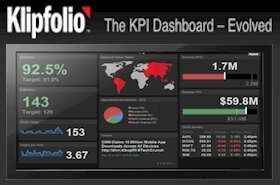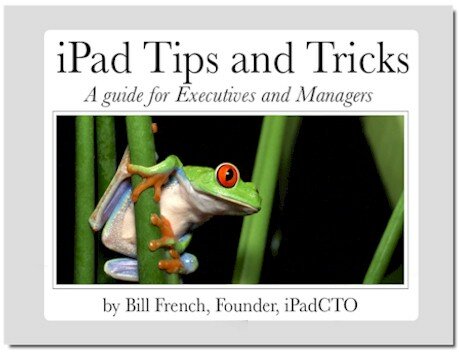At a discrete gathering in an upscale San Francisco restaurant, CEOs from three mobile enterprise companies received a briefing from Aberdeen Group analyst Andrew Borg. The topic – 2011 Mobile Enterprise Trends.
CEOs Aaron Levie of Box.net, Santiago Becerra of MeLLmo, and Bob Tinker of MobileIron gathered to jointly discuss Mr. Borg’s assessment of new and startling data concerning 2011 mobile trends.
The Aberdeen data exposed new revelations about enterprise mobile trends and mobile software outcomes. 45% of enterprise respondents to Aberdeen’s inquiries reported employee productivity increases as a direct result of mobile initiatives. Enterprises surveyed also reported that 44% achieved greater operational efficiency with their mobile applications.
Following the Aberdeen briefing, each of the CEOs provided opening remarks concerning their perspectives of these trends in context with their products which preceded open discussion about the challenges and. opportunities in the emerging app-centric mobile enterprise.
Emily Chang of Bloomberg.tv asked the CEOs to comment on the overall impact of mobile trends in the enterprise that may affect Microsoft’s grip on the enterprise. In her words,
“Do you see a changing of the guard?”
Chuckling, Mr. Borg was quick to point out that he predicted the demise of RIM in 2002 and was very wrong about that. Even in the face of stiff competition from Apple’s iOS and Android operating systems, RIM continues to dominate the mobile enterprise. While RIM has an established and successful enterprise mobile presence, the competitive pressure is clear and the trends are ominous. Mr. Borg did point out that while the magical tablet has tremendous adoption momentum in the enterprise, 27% of of firms plan to evaluate RIMs forthcoming PlayBook.
Mobile Drives Business Intelligence in 2011
According to the Aberdeen data, business intelligence initiatives will surge in 2011. Citing the fact that employees are twice as likely to use BI solutions if available over smart phones and tablets. Only 27% of employees without mobile access use BI systems, whereas, more than 54% use enterprise BI solutions when the applications and services are accessible through modern mobile devices.
App-Centric Enterprise
Mr. Borg and the CEOs all agree that the app-centric enterprise is emerging rapidly and shows no signs of a plateau. Businesses are increasing their native and web app development activities for operational and functional roles.
In many ways, the app market model created by Apple has consumerized enterprise IT, a notion that would have been viewed as very unlikely just a few years ago. Today, app-centricity has transformed the way consumers and workers think about mobile computing.
According to Santiago Becerra, co-founder of MeLLmo and creator of the mobile BI solution RoamBI,
“Smart phones are the future; iOS mobile devices are changing everything.”
The dramatic shift toward mobile apps is partly energized by the new definition of “mobile”. A decade ago, you were a mobile worker if you predominantly worked outside the walls of the organization. Today, however, most workers can be classified as mobile workers at least some part of the day. Mobile initiatives deliver significant benefit to employees in the cafeteria, conference rooms, and other extra-office venues.



















